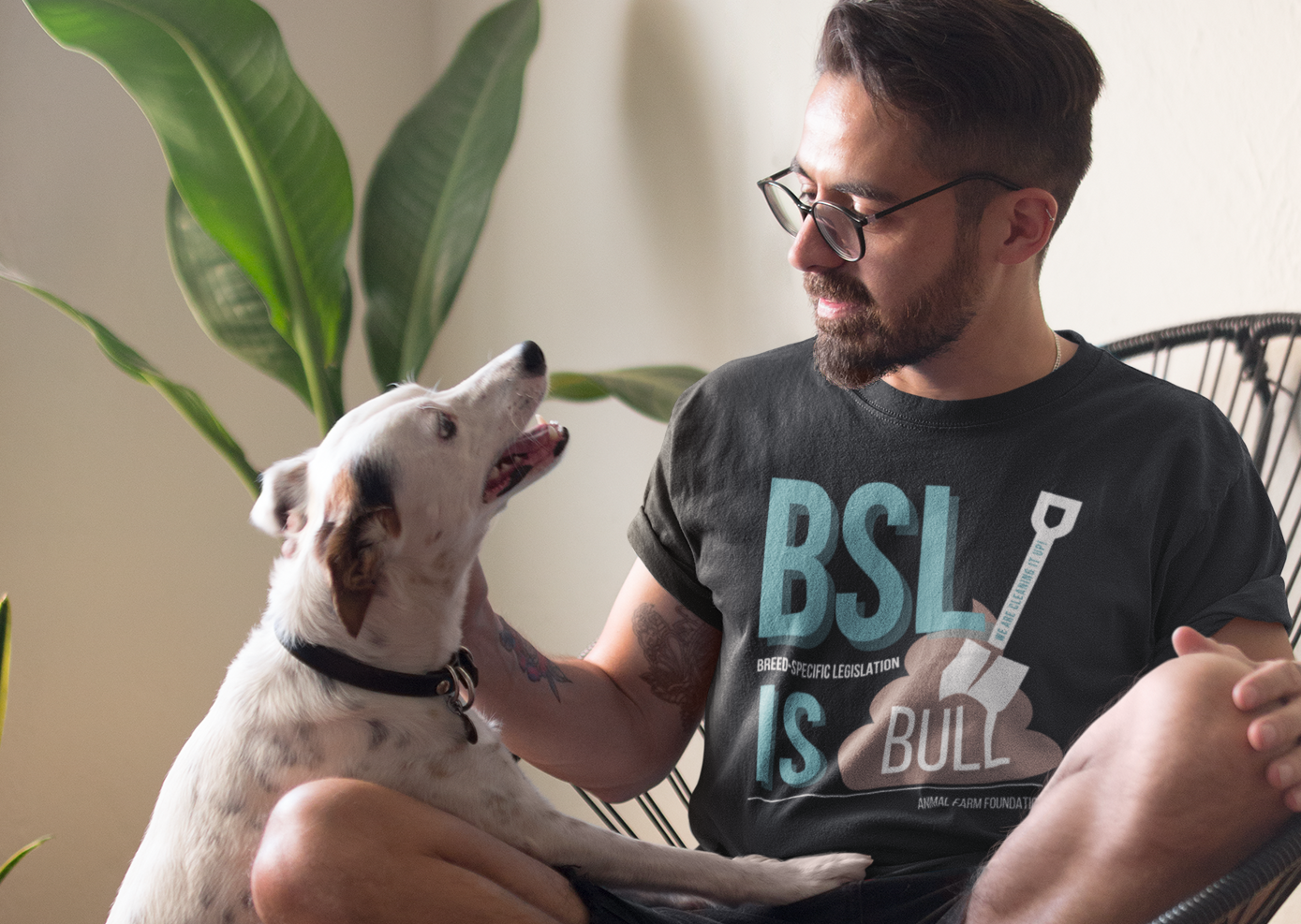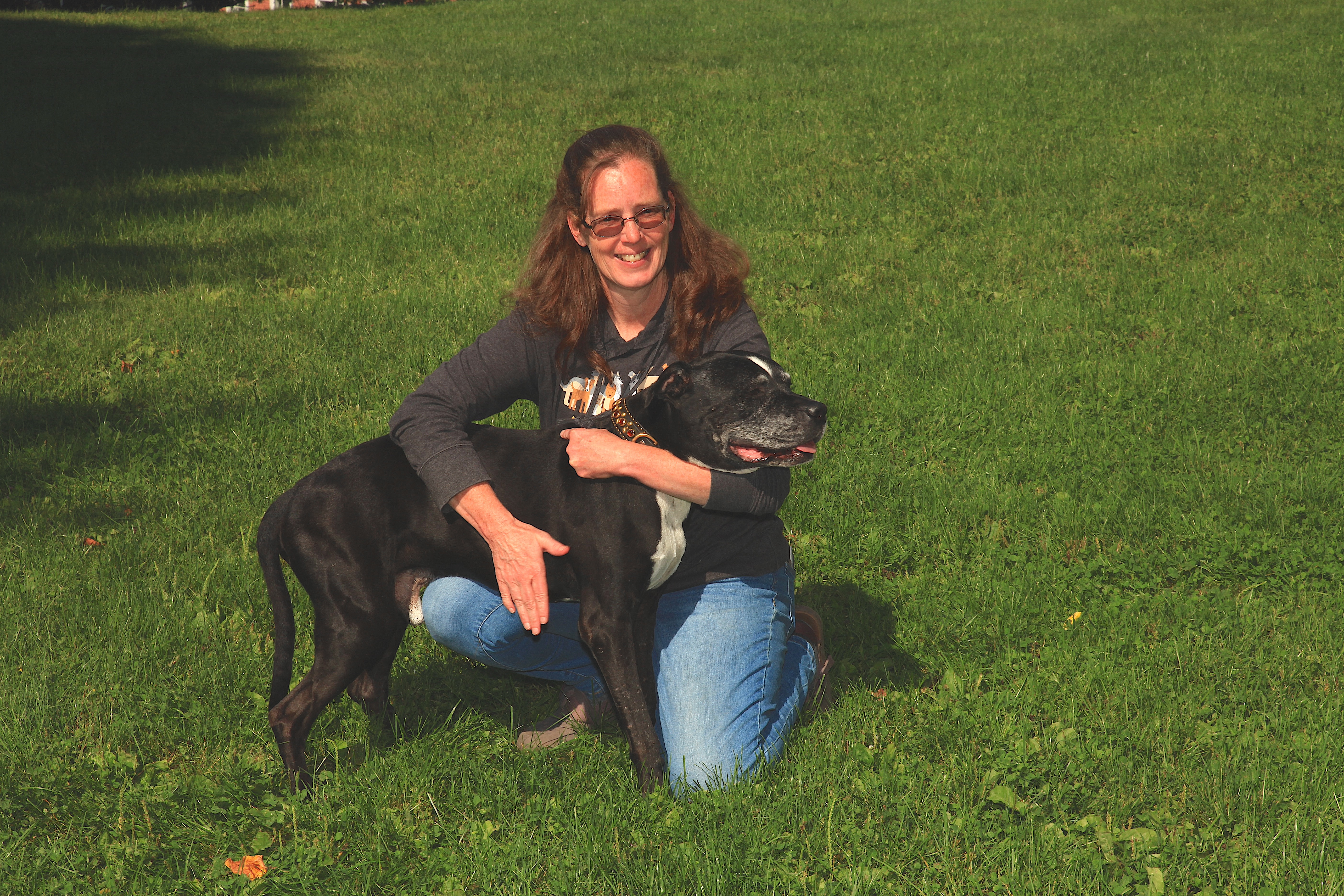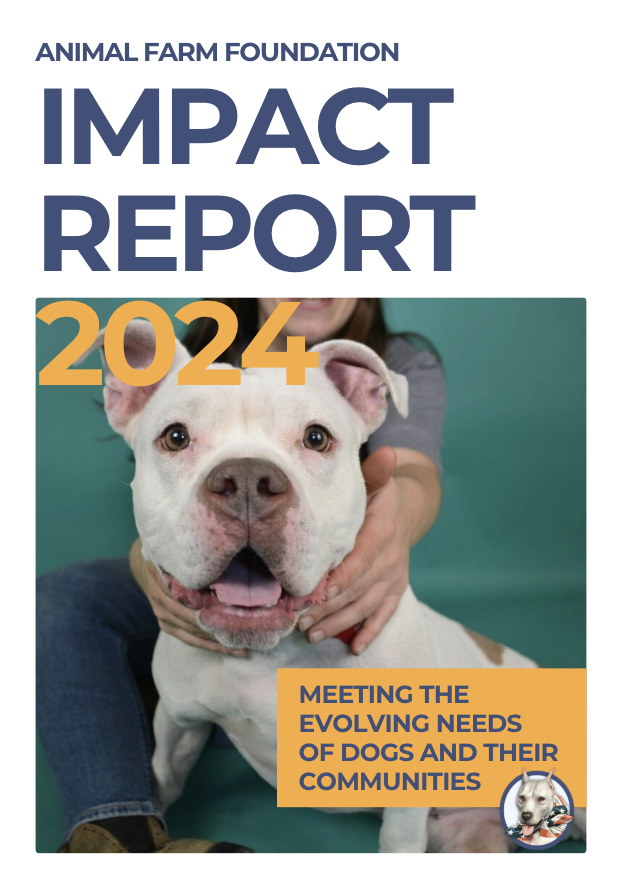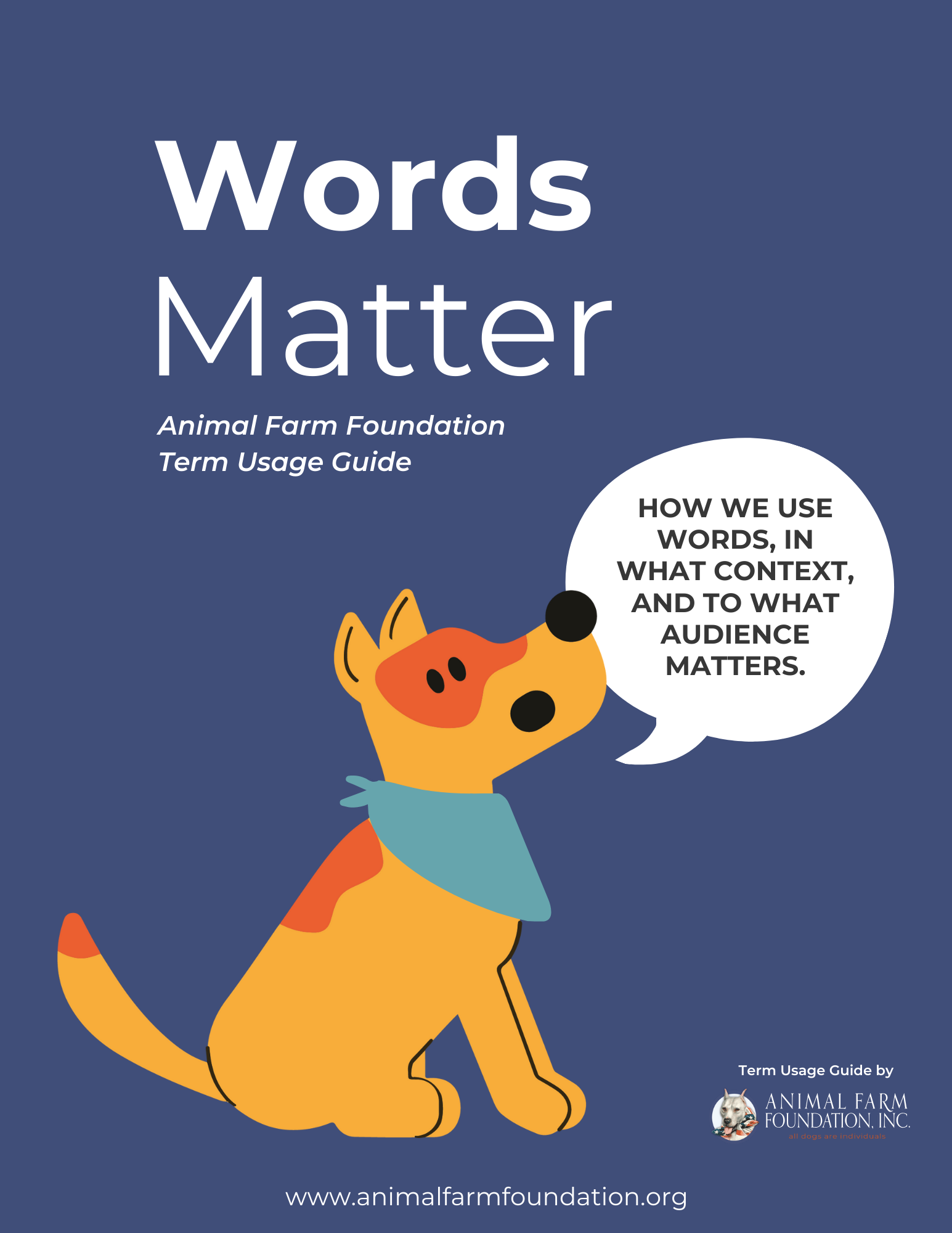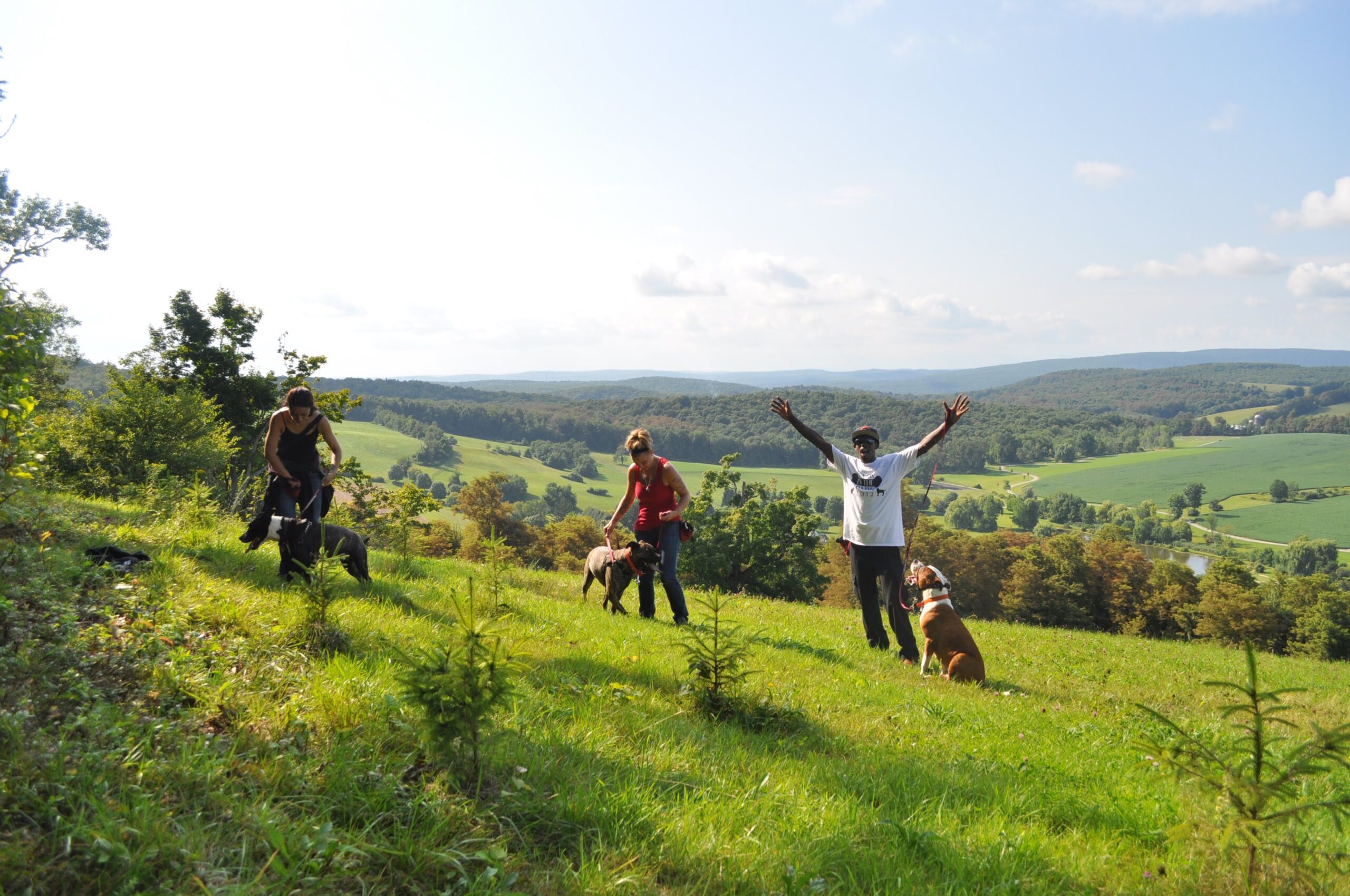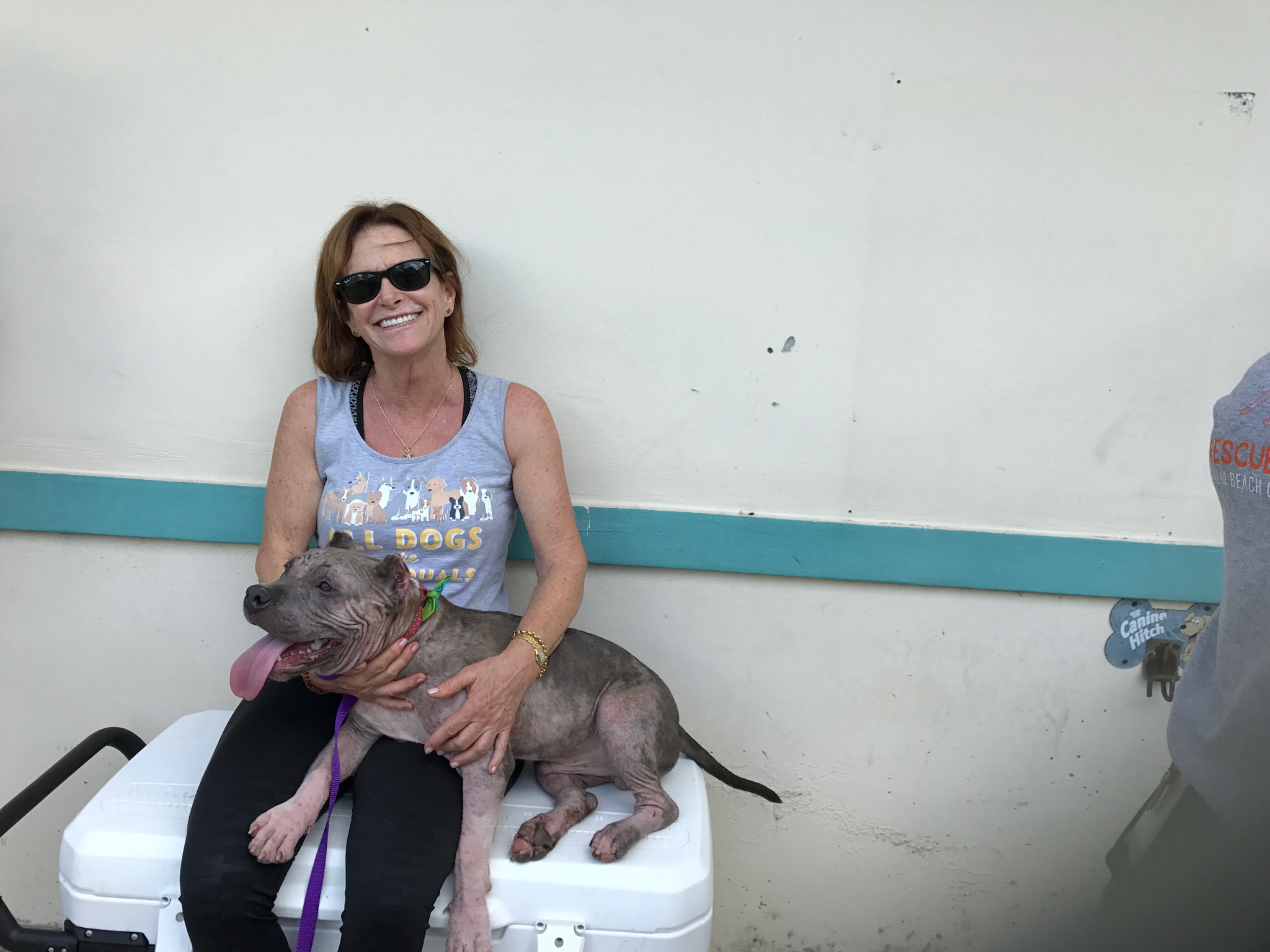Why? Because the focus is on the wrong end of the leash (if there even is a leash!).
Today, two separate news stories caught our attention. The first was a story about a family who, despite exhausting all of their possible resources, was forced to part with their beloved family pet because that dog is labeled “pit bull” in a town with breed-specific legislation (BSL)
The second story was about a small town legislator who introduced legislation requiring a dangerous dog registry after his own dog was seriously injured by an off-leash dog.
While these stories may seem disconnected, they are not. Both are the result of a failed notion of how we should govern dog ownership in our communities.
We all know why BSL doesn’t work. These two news stories are case in point. BSL is both over-inclusive and under-inclusive. It removes non-threatening family pets because of what they look like while missing dogs like the one who injured the legislator’s dog (and reportedly several dogs before).
Dangerous dog registries are a reaction to the acts of reckless dog owners. While they might be well-intended, there is no evidence that these laws are effective in changing owner behavior.
There is no central reporting database, no standardized registration requirements, no standard for notifying neighbors, and no standard for how municipalities determine if a dog is dangerous.
The one thing that remains consistent in every dangerous dog situation is that a human owner failed to properly manage their dog. In the case of the dog that injured the legislator’s pet, the owner seems to have failed repeatedly, creating an observed pattern of reckless behavior.
There’s a failed notion of how we should govern dogs in our communities
However, since nobody write news stories about dogs sleeping on the couch or playing with the cat, we tend to only discuss and sensationalize the interactions that result in an injury. Just as is the case with breed-specific legislation, dangerous dog registries fail to put the onus on the person responsible for keeping the dog and the community safe.
If not dangerous dog registries, than what?
Educate dog owners
- Help find options for dog owners who don't have the means to do better for their pets.
- Ensure that your animal control officers are properly informed and staffed - otherwise, they can't help dog owners who want it, nor can they cite reckless owners.

